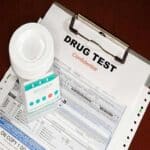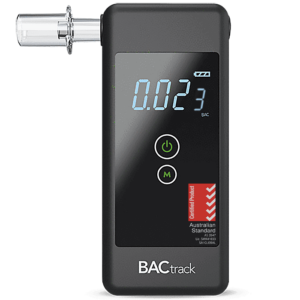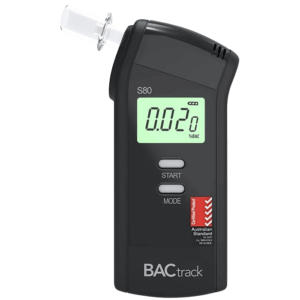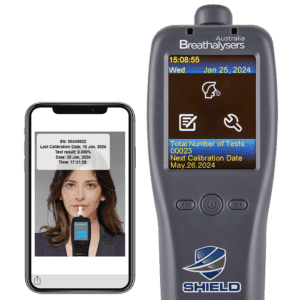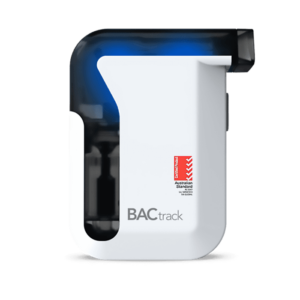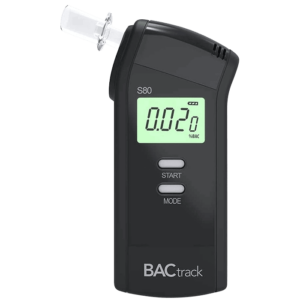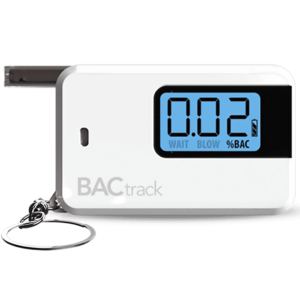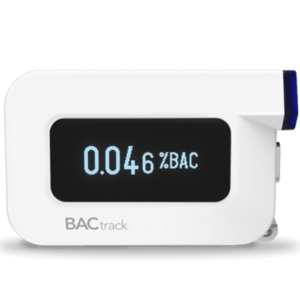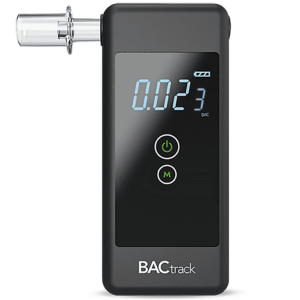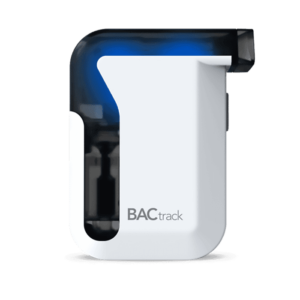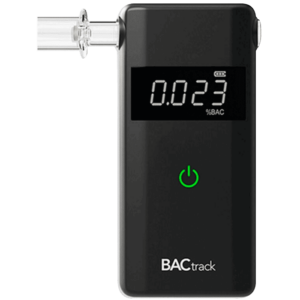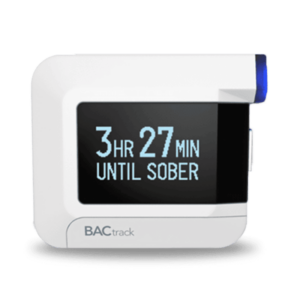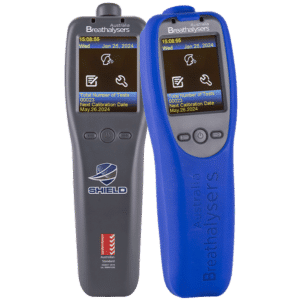How Often Do Random Drug Tests Occur: The Need to Know
08 February, 2024
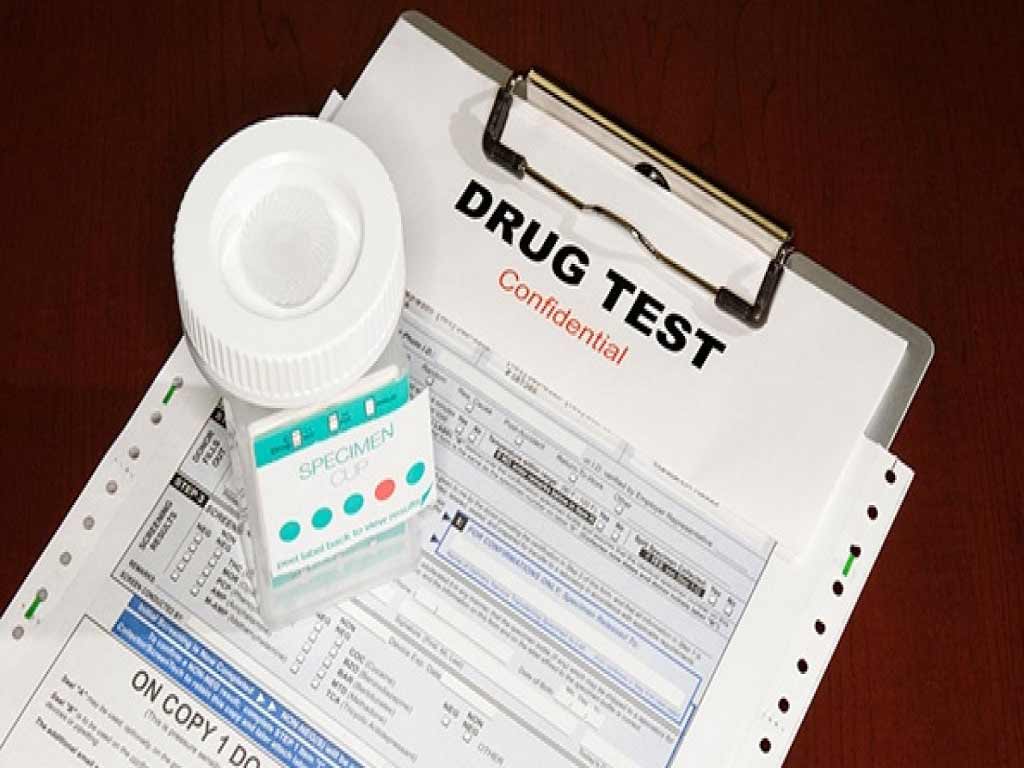
Workers under the influence of drugs can cause workplace accidents or reduced productivity. Thus, many businesses have implemented random drug testing programs. The test helps deter illicit drug use due to the fear of being caught and facing consequences. However, one question that often arises is how often do random drug tests occur. It would depend on the industry of the company and the workplace policy. Employees for testing may need to provide a saliva or urine sample.
A drug test policy is crucial to many industries, such as transportation, healthcare, and manufacturing. They often involve tasks requiring high-level focus, concentration, and safety. Hence, drug misuse of a worker can pose a significant risk to themselves and others around them. Testing positive for drug screens can lead to the termination of the employment contract. The article will present random testing, including the factors affecting the frequency of the test and testing types.
How Often Do Random Drug Tests Occur – Understanding Random Testing
Employees wondering how often do random drug tests occur must first understand the purpose and regulations surrounding the test. Employers conduct random testing to ensure a safe and drug-free environment. They administer the test without any warning or predictable schedule. Thus, it can be a concern for many workers.
While the frequency of random workplace drug testing can vary depending on different factors, some organisations may conduct it on a quarterly or semi-annual basis. Regardless of the frequency, random tests are typically carried out with the help of third-party testing facilities. This maintains impartiality and confidentiality. Also, this ensures that the results of the test are accurate.
Workers must be attentive to random drug testing policies to understand how often the tests may happen. By knowing the frequency of random drug testing, employees can make informed decisions about their behaviour both in and out of the workplace. Understanding the potential for random drug tests can also serve as a deterrent for employees who may consider using illicit substances.
Legal Considerations for Random Testing
- Privacy rights: Companies must conduct random tests in a way that respects the rights of employees.
- Discrimination: The drug testing process must not discriminate against specific individuals or groups based on race, gender, or any other protected characteristic.
- Consent: Workers must consent to the testing for it to be conducted. Also, the management must inform them of the implications of refusing the test.
- Accuracy of testing: Employers must ensure that the testing methods are trustworthy to avoid potential false positives or negatives.
- Confidentiality of results: Businesses must keep the drug test outcomes confidential. Moreover, they should only share it with authorised individuals.

Factors Influencing How Often Do Random Drug Tests Occur
Factors that affect how often do random drug tests occur can vary depending on the industry, company policies, and specific job roles. For example, employees in high-risk industries, such as the railway industry, may be subject to more frequent drug testing due to the potential risks associated with impairment on the job. In contrast, companies in lower-risk industries may conduct the test less often, such as once or twice a year.
Company size also plays a significant role in determining the frequency of random drug tests. Larger organisations with more employees may conduct tests more often to ensure a comprehensive approach to workplace safety and compliance. Meanwhile, smaller businesses may have more limited resources and administer them less frequently.
The legal and regulatory environment is another factor in how often random testing occurs. Some industries, such as transportation and healthcare, are subject to strict regulations governing drug testing requirements. Additionally, federal and state laws may dictate specific guidelines for random tests, including criteria for testing. Compliance with these legal requirements can impact the frequency of random drug tests in particular fields.
Industry-Specific Requirements and Safety Risks
Random drug testing is crucial in industries where employees operate heavy machinery or vehicles. These industries have industry-specific requirements for tests to ensure the safety of everyone involved. For instance, the transportation industry often follows strict federal regulations requiring regular drug testing for workers with commercial licenses.
Additionally, safety risks associated with drug abuse in the workplace can include impairment. It can also pose a higher potential for accidents. In industries where employees are responsible for protecting themselves and others, ensuring a drug-free workplace is essential to prevent harm and maintain a safe working environment. Random drug testing can help achieve this.
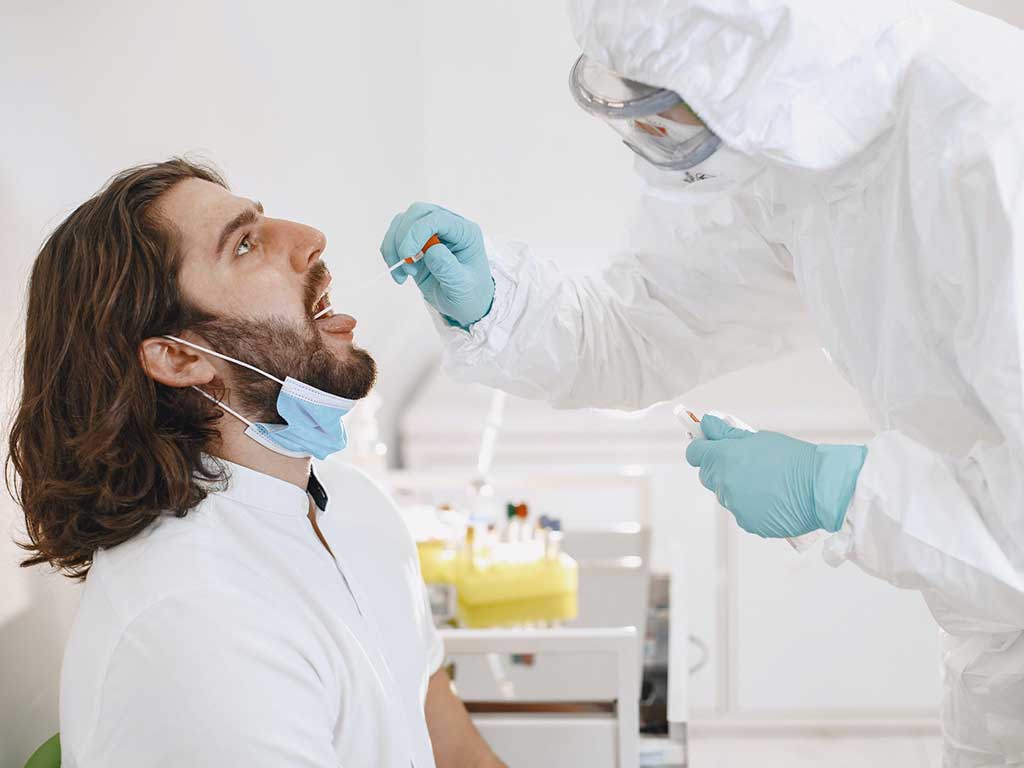
How Often Do Random Drug Tests Occur – Types of Testing
Individuals asking how often do random drug tests occur must also know the different types of testing. Urine tests are the in-demand method among employers. This is because they are relatively inexpensive, non-invasive, and provide a reliable detection method for various drug classes. Moreover, urine testing can detect drug use within the past few days to a few weeks, depending on the substance.
Many companies also rely on saliva tests for random drug testing programs. This is because it is quick and easy to administer. Drug testing providers typically use a swab to collect samples. Then, they send the specimens to a laboratory for analysis. Additionally, it can detect drug use within the past few hours to a few days.
Other testing types require the collection of hair or blood samples. Hair testing is advantageous because it can detect drug use over a longer time, up to 90 days or more, depending on the length of the hair. Meanwhile, blood testing is the most accurate method but also the most invasive and expensive. It can detect drug use within a few hours to a few days.
Can an Individual Refuse a Test?
Yes, an individual has the right to refuse a random drug test in some situations. However, depending on the circumstance or the drug policy, there may be consequences for refusing. For example, an employee may face disciplinary actions, including termination, for not taking a test.
The valid excuses for refusing drug testing are if it violates their privacy or if there is no reasonable suspicion of drug use. Nevertheless, people must seek legal advice if unsure about their rights and options. Ultimately, whether an individual can refuse a random drug test depends on the situation.
Conclusion
People asking how often do random drug tests occur should know that the frequency of testing depends on the industry or the policy. Also, they must understand the components behind random tests to better prepare themselves. Random drug testing is crucial in ensuring a drug-free and safe workplace environment. By testing employees at unpredictable intervals, employers can deter drug use and identify individuals who may pose a risk to themselves or the company.
Other factors affecting the number of times random testing happens are company size and legal requirements. Businesses typically utilise urine, saliva, hair, and blood testing to conduct random tests. However, it is necessary to note that each offers different detection windows and accuracies. Overall, understanding the importance of random drug testing, the factors influencing testing frequency, and the various testing methods is essential for maintaining a healthy workforce.

















